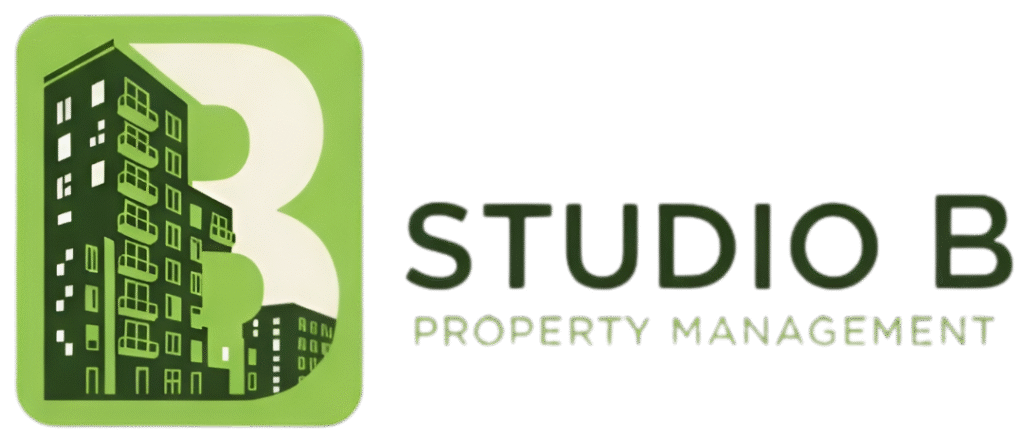Discover Studios, Services & More Across USA | StudioBDTLA
How to Set Up Your Studio Listing for SEO Success

Whether you’re renting your studio for photography, video shoots, podcasts, or brand events, a strong online presence is essential in 2025. With so many creative spaces available in Los Angeles and other urban hubs, your studio needs to do more than just look good—it needs to be discoverable.
Table of Contents
That’s where SEO (Search Engine Optimization) comes in. When done right, SEO helps your studio show up in Google search results, booking platforms, and even on map apps. Whether you’re listed on Peerspace, Giggster, your own website, or all three, optimizing your studio listing with strategic keywords and structure is key to attracting more clients.
Why SEO Matters for Studio Owners
Potential clients often start their studio search on Google with phrases like “natural light studio in LA,” “minimal podcast studio in Silver Lake,” or “DTLA photography rental.” If your listing isn’t optimized to match those searches, you’re losing out on visibility, traffic, and bookings.
SEO helps your studio rank higher on search engines, which means more eyes on your listing, more clicks, and ultimately, more revenue. Unlike ads, SEO delivers free organic traffic over time—especially if your space is unique or highly niche.
Choose the Right Platform for SEO Reach
Where you host your studio listing impacts how well it performs in search results. Platforms like Peerspace, Giggster, and Splacer are already indexed by Google and optimized for local discovery.
If you’re listing on a marketplace:
- Optimize your profile name and studio title with searchable phrases
- Write a keyword-rich description tailored to what your ideal client is looking for
- Use geo-specific keywords like “Los Angeles,” “Culver City,” or “Hollywood”
- Upload image files with descriptive names (e.g., “natural-light-photo-studio-LA.jpg”)
If you have your own website or landing page:
- Set up a Google Business Profile with accurate address and hours
- Add location keywords to your site title, headers, and image alt text
- Create a contact page and include keywords in your page URL (e.g., /dtla-studio-rental)
- Submit your site to Google Search Console to start indexing
Owning your own website gives you more SEO control long-term, but even on listing platforms, you can rank well with smart content.
Craft an SEO-Friendly Studio Title
The title of your listing is one of the most important SEO tools you have. It appears in search engine results, booking platform search bars, and social previews. Avoid vague names like “The Loft” or “Studio 2B.”
Instead, write a clear and descriptive title that includes:
- Type of space (photo studio, video studio, content space, event space)
- Defining feature (natural light, cyc wall, vintage sets, soundproofed)
- Location or neighborhood (Downtown LA, Silver Lake, West Hollywood)
Example:
“Natural Light Loft Studio with Brick Walls – Downtown LA”
This helps both people and search engines understand what your space offers right away.
Use High-Intent Keywords in Your Description
Your studio listing description should be written for real people but optimized for search engines. Use natural language, but sprinkle in specific, high-intent keywords.
Start with a short intro that describes your studio in 1–2 lines.
Follow with a detailed paragraph about features (size, lighting, gear, sets).
Include location keywords naturally: “Located in the heart of Arts District, our studio is perfect for portrait photography, fashion lookbooks, and commercial video shoots.”
Mention what types of projects it suits best: “Ideal for influencer content, podcast episodes, e-commerce product shoots, and creative meetings.”
End with a clear call to action that encourages viewers to book or message for availability.
Avoid keyword stuffing—use each keyword thoughtfully, not repetitively.
Optimize Your Studio Photos for Search Visibility
Images are a major part of both SEO and conversion. Not only do they attract attention on listing platforms, but they can also be indexed by Google Images—another source of traffic.
To optimize your studio images:
- Use high-resolution JPEG or WebP files
- Rename each photo before uploading with descriptive, keyword-rich file names (e.g., “los-angeles-natural-light-studio.jpg”)
- Include alt text when uploading to your website for screen readers and Google bots
- Highlight your most visually appealing areas first—entryways, backdrops, styled corners, gear setups
More images = more opportunities for search engines to understand your content. Aim for at least 8–10 images per listing.
Add Geo-Location and Tags Where Possible
Many platforms allow you to tag your listing by neighborhood or service type. Always select options like “Photography Studio,” “Podcast Studio,” or “Content Space” if available. These tags help your listing appear in filtered search results.
Geo-tags also help with local SEO. Use precise location info like “Mid-Wilshire,” “Frogtown,” or “Koreatown.” The more localized your listing, the more relevant it becomes for clients searching nearby.
On your own website, embed a Google Map showing your location and use schema markup (structured data) to help Google categorize your space as a business.
Encourage and Showcase Reviews
Positive reviews boost your search ranking—both on Google and booking platforms. They also build trust with potential clients. After every booking, encourage guests to leave a review mentioning what they loved.
If someone mentions your studio is “perfect for portrait photography” or “a great West Hollywood podcast setup,” those phrases can help your listing rank for future similar searches.
You can also repurpose your best reviews as testimonials on your own site or social media content.
Keep Content Fresh and Updated
Google and booking platforms reward fresh, active content. Update your listing seasonally with new photos, added features, or limited-time offerings. If you host holiday sets or rotating backdrops, mention them clearly with keywords like “holiday photo studio LA” or “spring content shoot location.”
Keep your calendar updated, respond to inquiries promptly, and consider writing blog posts or guides related to studio use if you manage your own site.
Final Thoughts
Setting up your studio listing for SEO success isn’t just about keywords—it’s about creating clarity, consistency, and discoverability across platforms. The more accurately you describe your space, the easier it is for the right clients to find and book you.
In a competitive city like Los Angeles, search optimization gives you a long-term edge. With a few smart changes, your studio can rise in visibility and attract a steady stream of bookings from photographers, content creators, and creative agencies.
